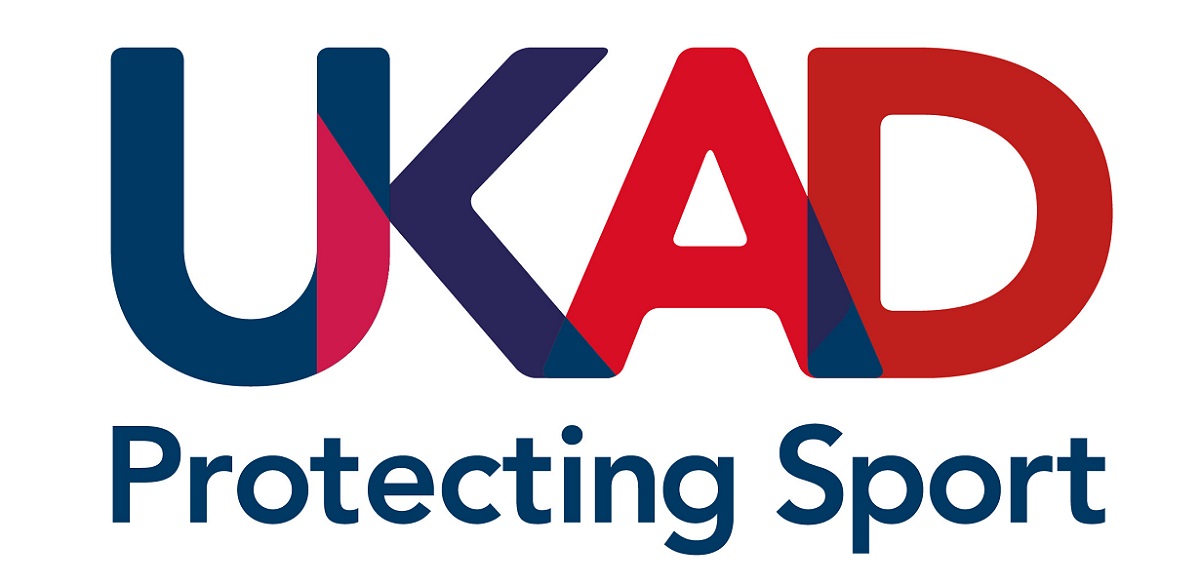International Day of Education: Q&A with Dr Aya Nakitanda of the Uganda National Anti-Doping Organisation
“Everyone has the right to education.”
The United Nations General Assembly refers to 24 January as the International Day of Education to celebrate education’s role in peace and development worldwide.
It is an important time to be reminded of the value and significance of anti-doping education in sport. We recognise that doping in sport is a global issue and one that cannot be tackled in isolation. Over a number of years, UK Anti-Doping (UKAD) has gained a reputation for providing world-leading direct training in anti-doping areas. Our International Consultancy Programme sees UKAD working with National Anti-Doping Organisations around the globe to further anti-doping education.
In September 2022, members of the UKAD education team attended a three-day Anti-Doping Training of Trainer (ToT) programme held in Kampala, Uganda.
Participants came from Egypt, Eritrea, Ethiopia, Gambia, Kenya, Rwanda, Sierra Leone, Somalia, Sudan, South Sudan, Tanzania, and the host country, Uganda.
The training programme was developed to aid the education and understanding of clean sport practices in the region and the broader African continent.
The UKAD team held sessions on several clean sport topics as well as tuition aimed at developing skills in teaching, facilitation, and presentation.

Dr Aya Nakitanda (centre) receives her course completion certificate from UKAD trainers Amanda Brook and Anthony Shepherd (left and right)
We caught up with ex-Olympic Swimmer turned Clean Sport Educator Dr Aya Nakitanda of the Ugandan Anti-Doping education team to hear more about the vital role of clean sport education.
Q. What motivated you to get involved in delivering clean sport education?
A. I saw it as an opportunity to leverage my medical background to offer our athletes the support that I myself never had access to as an international-level athlete many years ago.
Q. What is the best thing about delivering and developing clean sport education?
A. I saw athletes caught in-between simply because they did not know the anti-doping rules, so it has been very fulfilling to be able to contribute towards meeting the needs of today’s elite athletes by empowering them to enable them to reach their full potential in a clean way.
Q. Which anti-doping topics do you deliver more often?
A. The global and local anti-doping framework, including the Code, anti-doping rule violations, the Prohibited List, the doping control process, consequences of doping, TUEs and the application process.
Q. What was your experience of working with UK Anti-Doping on the Train-The-Trainer method?
A. It was excellent. The team delivered more than expected.
Q. How did your interaction with UK Anti-Doping influence the way you deliver and develop education for athletes?
A. To have a structure, curriculum and plan to guide our delivery both at regional and national level, and to tailor the content to various levels of athletes.
Q. Do you have any advice to young people who want to start a career in clean sport education?
A. We are in need of more passionate people to join the anti-doping movement in Uganda! I would urge those interested to utilise various online material that are available free of charge such as UK Anti-Doping’s Clean Sport Hub and WADA’s Anti-doping Education and Learning (ADEL) platform.
Learn more about UKAD’s free online education platform the Clean Sport Hub.




